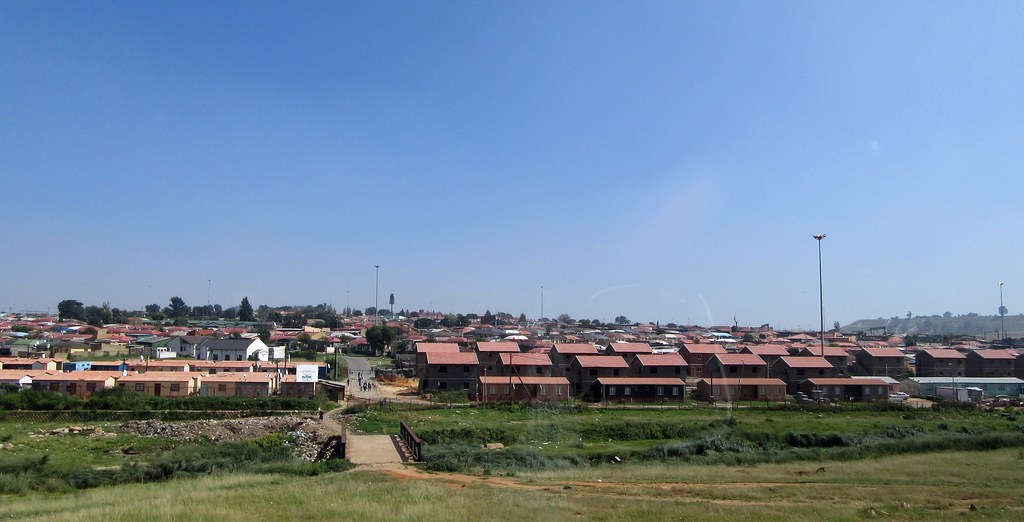Renting versus owning in the current market

Renting versus owning a home is a debate with no single, right answer. If you're wondering which is best for you, read on to find out how current and future market conditions, your job location, your individual preferences, and even modern technology all affect which option you should choose.
What are sellers' and buyers' markets?
You may have heard about sellers' and buyers' markets, but how do you know which is which? This is determined by supply and demand.
If the supply of homes is high and there aren't enough buyers for all of them, then it's a buyers' market. This gives the buyer more room to negotiate because the seller knows that the buyer could easily find a similar home down the road for a better price. This is high supply and low demand.
If the supply of homes is low and there are more people looking for a home than there are homes available, it's a sellers' market. Buyers may be more desperate for a home and might, therefore, pay more, giving the seller the advantage. This is low supply and high demand.
You'll often hear people say a country's property market is one or the other, but in reality, it's more nuanced than that. The market can differ from year to year and even from area to area. In a recession, when people may be hesitant to buy, a particular area could still be a desirable place to live and be a sellers' market.
If you're concerned about making a good investment, deciding whether to own or rent will largely be determined by the current market and experts' predictions for the market in the future when you will be ready to sell.
Of course, there are other factors when deciding whether to buy or rent.
The case for owning
- For some people, simply not having to ask permission to hang a picture on the wall is enough reason to own their own home. The freedom that comes with not being accountable to anyone else for what you do to your property is a major factor.
- Depending on the kind of home loan you have and how much you've already paid off, you can take money out of your bond in case of a financial emergency.
- You'll never need to look for another place to move to urgently again due to surprise lease cancellation notices from your landlord.
The case for renting
Apps like Flow can help tenants get some of their rental money back in rewards every month and get discounts on household items. If you know how to work the app properly, you can significantly lower your monthly housing expenses.
Changing jobs can mean having to travel further from your current abode. Renting allows you more flexibility to move closer to your place of work.
The responsibility of having to pay a bond every month can be extremely stressful and simply not worth it for some people.
If something breaks or goes wrong, such as a broken geyser or fallen wall, the responsibility falls on the owner to make repairs and foot the bill, not the tenant.
Even though the financial and investment considerations are important, you are the only one who can decide which is best for your individual needs, whether your choice seems logical to others or not. Do your homework first then go with your gut – to make sure you're completely happy with your choice between owning or renting a home.
Sources: Ooba; Flow
Prices quoted are correct at the time of publishing this article. The information in this article is provided for informational purposes only and should not be construed as financial, legal, or medical advice.































